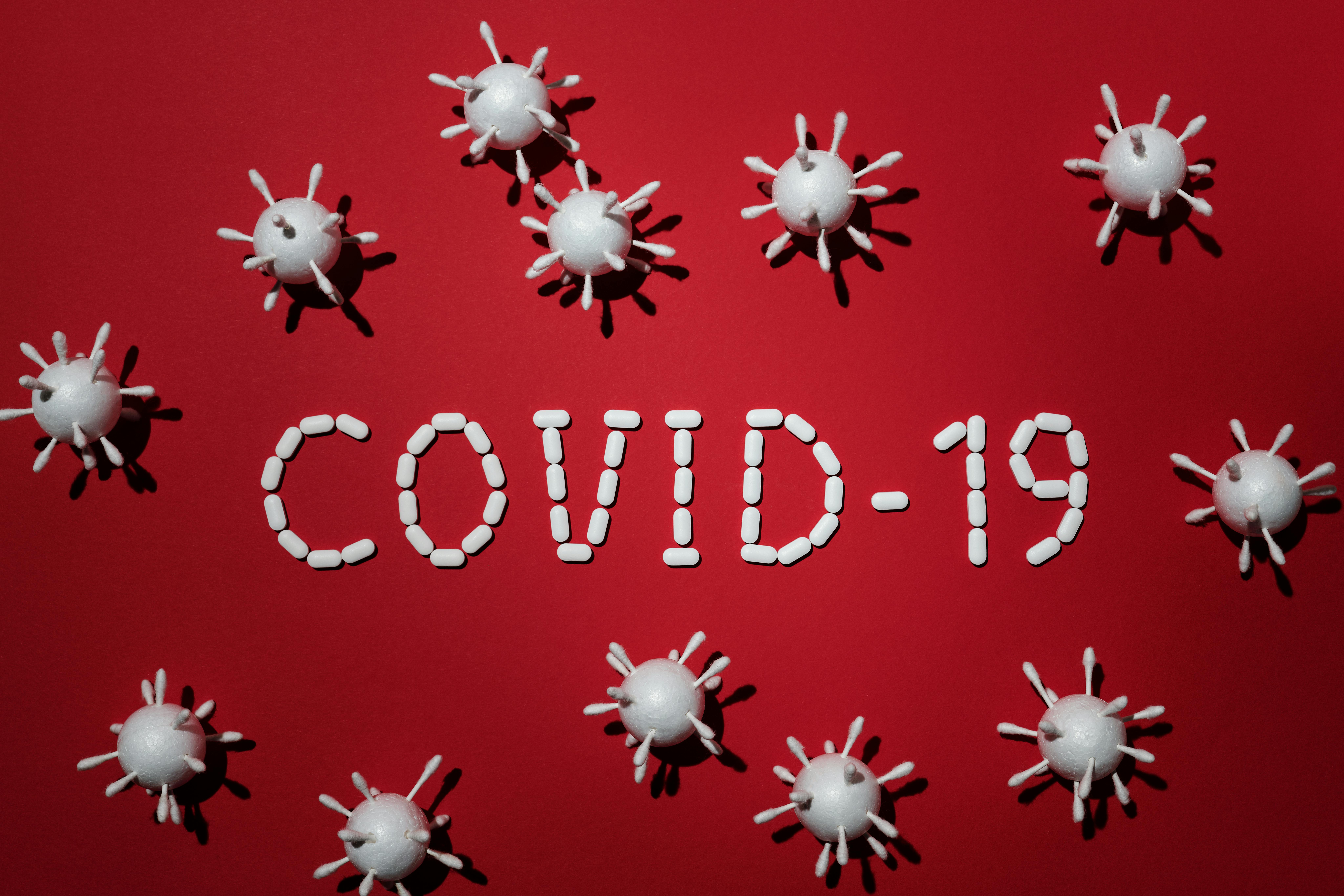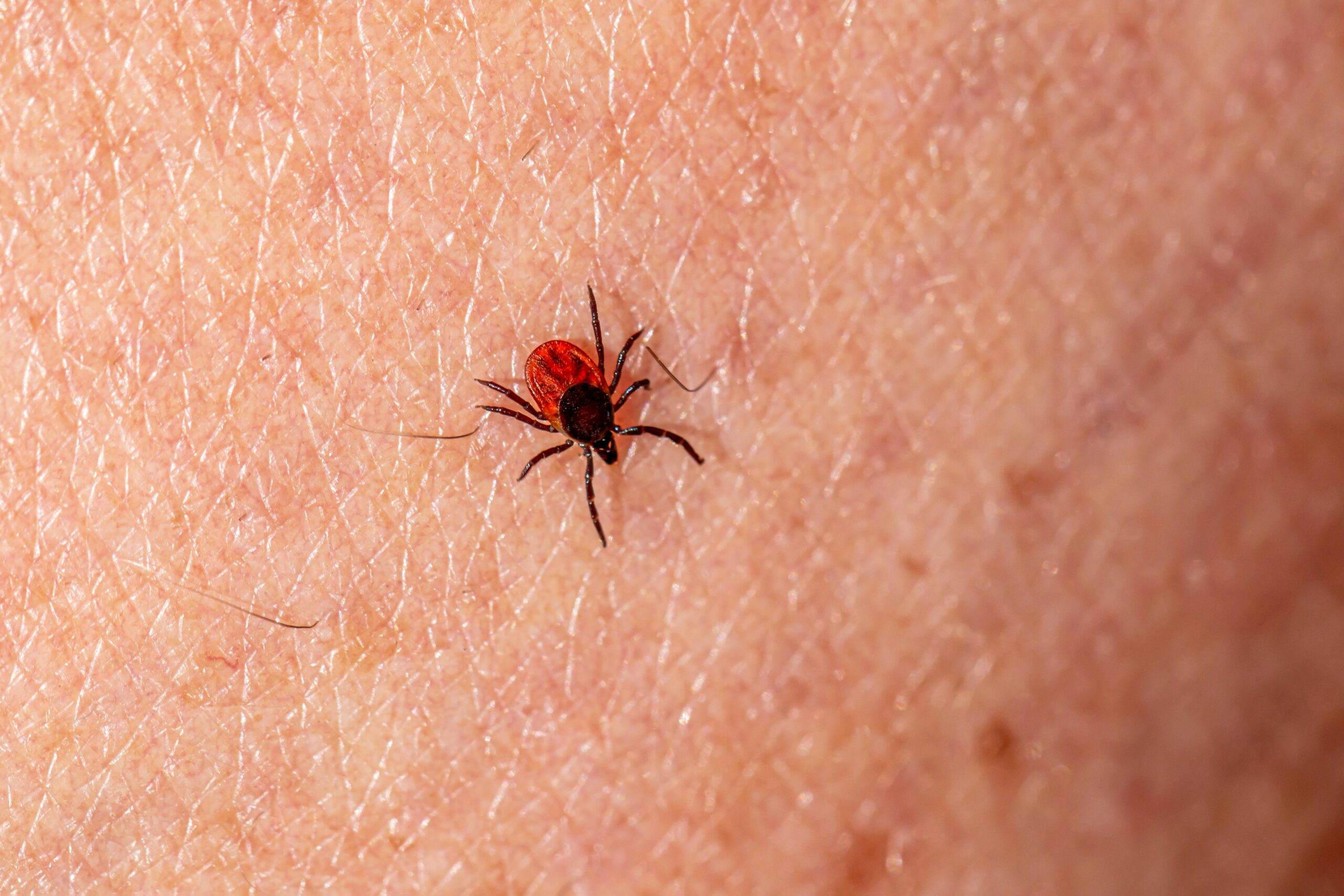Ever wonder what’s truly protecting you from the microscopic world within your gut? It’s more than just your immune system battling it out. Tucked away in the lining of your intestines are remarkable, often overlooked guardians called goblet cells. These specialized cells, far more dynamic than their name suggests, are now revealing themselves as critical players in everything from fighting off harmful bacteria to preventing serious illnesses like inflammatory bowel disease and even colorectal cancer. New insights from researchers at the University of California, San Diego, led by Dr. Fernanda Raya Tonetti and Dr. Cristina Llorente, are overturning traditional understandings. Their recent review published in eGastroenterology paints a picture of goblet cells as “dynamic guardians of gut immunity,” doing far more than just producing mucus. They’re not just a passive barrier; they’re active communicators, strategists, and defenders, constantly interacting with your gut environment and immune system to keep you healthy. This groundbreaking work highlights that understanding these tiny cellular heroes could pave the way for revolutionary new treatments for a host of challenging gastrointestinal diseases affecting millions worldwide.
Your Gut’s Inner Sanctuary: Beyond a Simple Shield
For a long time, scientists knew goblet cells mainly produced mucus, a thick, gel-like layer that acts like a sticky shield, trapping harmful invaders. This protective barrier keeps pathogens from reaching your delicate internal tissues. The study, however, reveals that goblet cells are far more sophisticated. Dr. Llorente emphasizes, “Goblet cells are dynamic guardians of gut immunity, engaging in multiple protective actions that include not only pathogen defense but also immune system modulation to ensure a balanced response.” They don’t just passively secrete; they actively participate in an intricate dance with your immune system, ensuring it reacts appropriately—tolerating harmless substances while aggressively targeting threats.
Secret Passages and Hidden Messages in Your Gut
One of the most intriguing discoveries highlighted in the review is the role of Goblet Cell-Associated Passages, or GAPs. These are specialized channels created by goblet cells that allow immune cells to “sample” the contents of your gut. This sampling is crucial. It’s how your immune system learns to distinguish between a harmless food particle or beneficial gut bacteria and a dangerous pathogen. This “education” of the immune system helps maintain gut tolerance, preventing unnecessary or harmful inflammatory responses.
The formation of GAPs is tightly controlled by a key chemical messenger called acetylcholine (ACh). This same chemical also influences mucus secretion, allowing goblet cells to simultaneously fortify the protective barrier and conduct their immune surveillance. Researchers point out that ACh comes from various sources, including nerves in the gut, other cells, and even the bacteria living within you, showing a complex communication network governing these vital cellular functions.
Beyond mucus and GAPs, goblet cells also act as tiny factories, releasing a tailored mix of potent chemicals:
- Antimicrobial Peptides (AMPs): These are like natural antibiotics, directly fighting off bacteria and other pathogens. They also assist in tissue repair.
- Cytokines and Chemokines: These signaling molecules direct and modulate the immune system. They help initiate appropriate immune responses and attract other immune cells to areas needing defense.
These diverse secretions, along with mucus and GAPs, underscore how goblet cells orchestrate a comprehensive defense system in the gut.
When Gut Guardians Falter: Goblet Cells and Disease
When goblet cells are dysfunctional or the mucus layer is compromised, the consequences can be severe. The review details how this breakdown plays a role in several major diseases:
- Inflammatory Bowel Disease (IBD): Conditions like Crohn’s disease and ulcerative colitis, characterized by chronic inflammation of the digestive tract, often show alterations in the mucus layer. An overabundance of certain mucin-degrading bacteria can compromise the protective barrier, allowing bacteria to infiltrate and trigger inflammation.
- Colorectal Cancer (CRC): Imbalances in the gut microbiome associated with mucus have been linked to colorectal cancer. Patients with CRC often have an increased presence of pathogenic bacteria, while beneficial bacteria are reduced. Lower levels of certain goblet cell proteins found in precancerous lesions and CRC further indicates their potential role in tumor suppression.
- Cystic Fibrosis (CF): This genetic disorder affects mucus production throughout the body. In CF patients, gut microbiome imbalances are common, leading to dehydrated, sticky mucus that can obstruct the intestines and contribute to inflammation and a weakened gut barrier.
- Pathogen Infections: Goblet cells are on the front lines against various infections. While mucus fights parasites, some pathogens, such as Listeria monocytogenes and even SARS-CoV-2, can target and use goblet cells to invade the gut lining and establish infection more effectively.
The Promise of Targeting Goblet Cells for Better Health
This detailed understanding of goblet cell function and dysfunction opens exciting new avenues for treatment. Instead of broadly targeting inflammation or bacterial imbalances, therapies could be developed to specifically enhance goblet cell functions. The researchers point to possibilities like:
- Modulating ACh signaling: Since ACh is a master regulator of mucus secretion and GAP formation, targeting the receptors it binds to on goblet cells could enhance their protective functions.
- Restoring microbiome balance: Interventions that promote a healthy gut microbiome could indirectly support goblet cell health and function.
- Directly boosting goblet cell secretions: Therapies might aim to increase the production of beneficial antimicrobial peptides or other immune-modulating factors released by goblet cells.
While more research is needed, particularly in human studies to confirm findings observed in animal models, the potential is enormous. By harnessing the unique protective mechanisms of goblet cells, future therapies could reduce inflammation, strengthen the gut barrier, and restore a healthy microbiome balance. This research doesn’t just shed light on obscure cells; it delves into the very foundation of our health, offering a beacon of hope for conditions that have long baffled medical science. The future of gut health, and potentially overall well-being, may well lie in harnessing the full protective power of these incredible, tiny guardians.
Paper Summary
Methodology
This paper is a comprehensive review synthesizing existing scientific literature on goblet cells, their role in gut immunity, and their involvement in gastrointestinal diseases. The authors analyzed findings from numerous published studies, including patient data and animal models, to provide an integrated understanding of goblet cell functions.
Results
The review highlights that goblet cells are critical for gut health, producing mucus, forming specialized passages (GAPs) for immune sampling, and secreting antimicrobial peptides and signaling molecules. These actions help maintain gut immune tolerance and fight pathogens. Dysfunctional goblet cells and an imbalanced gut microbiome contribute to various GI diseases, including colorectal cancer, inflammatory bowel disease, cystic fibrosis, and pathogen infections.
Limitations
As a review, this paper synthesizes existing knowledge and does not present new experimental data. It implicitly suggests areas for further research, such as detailed regulatory mechanisms of mucin alterations and the full impact of GAP formation, especially in human studies, to validate therapeutic targets.
Funding and Disclosures
This study received funding from multiple National Institutes of Health (NIH) grants, including R01 AA029106-01A1, 1R21 AA030654-01A1, and P30 AR073761, among others from the UC San Diego and various associations. Alvaro Eguileor was supported by the Basque Government postdoctoral program. The authors declared no competing interests.
Publication Information
Title: Goblet cells: guardians of gut immunity and their role in gastrointestinal diseases Authors: Fernanda Raya Tonetti, Alvaro Eguileor, Cristina Llorente Journal: eGastroenterology Year: 2024 Volume: 2 Article Number: e100098 DOI: 10.1136/egastro-2024-100098 Published: First published online on 7 September 2024. Access: Open access under the Creative Commons Attribution Non Commercial (CC BY-NC 4.0) license. Journal Website: eGastroenterology BMJ












